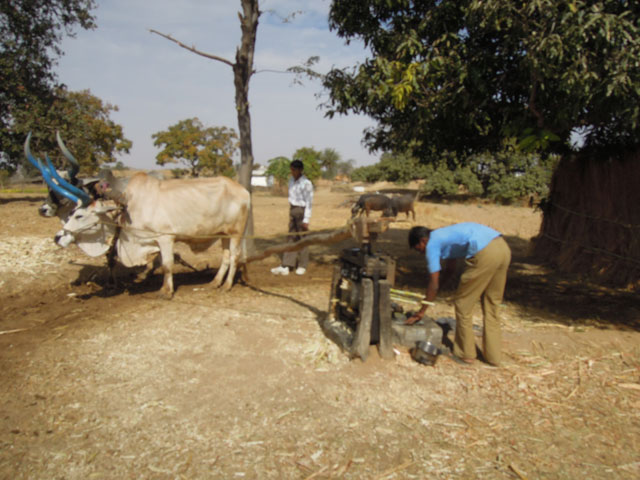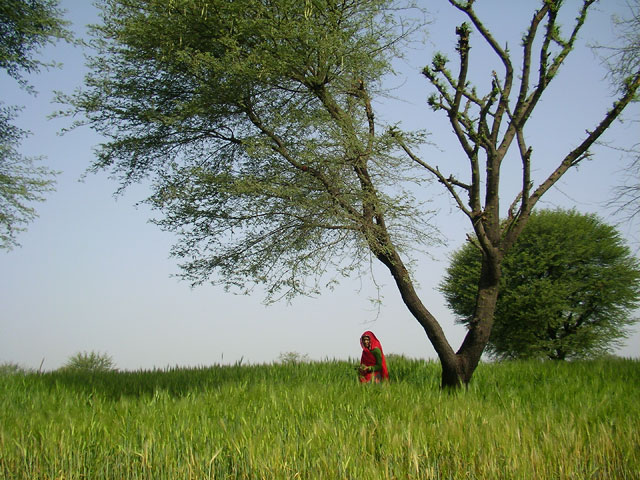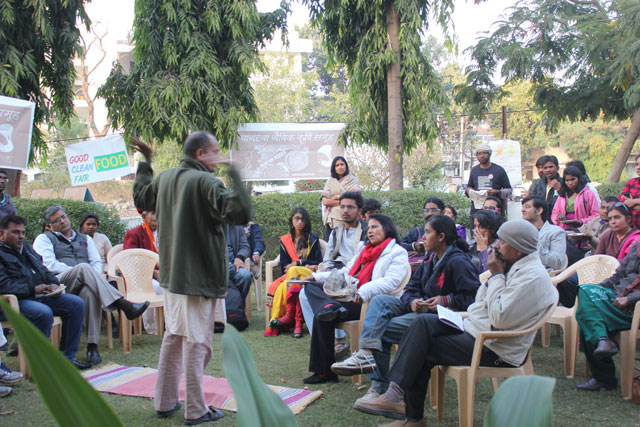about banyan roots
- Home
- Our Story

our story
Have you ever looked closely at a banyan tree?
Its canopy of branches and aerial roots functions as an ecosystem, sheltering myriad creatures and providing shade and succour to the weary. At the same time, its tenacious roots dig deep into the ground, ensuring that the tree stays strong for many centuries, spreads laterally, and provides reassuring continuity to those who count on it.
It was under the leafy boughs of one such banyan tree that the seeds for Banyan Roots were first sown. The year was 2011. Rohit Jain, then a recent IT graduate, was visiting a small tribal village in Gujarat. He was working to educate the children of the local farmers in a bid to help them carve out opportunities in their own villages instead of migrating to big cities, where they were often subjected to poverty and miserable living conditions. Upon interacting with their parents, Rohit realized the enormous challenges they were up against: the farmers were unable to compete with the economies of scale enabled by mass-produced technologies and were often forced to look for alternative sources of income. At the same time, Rohit found that the food he had been served in the village was far more delicious than anything he had ever eaten while living in the city.
back to the basics


the tree of life
the start of something new











